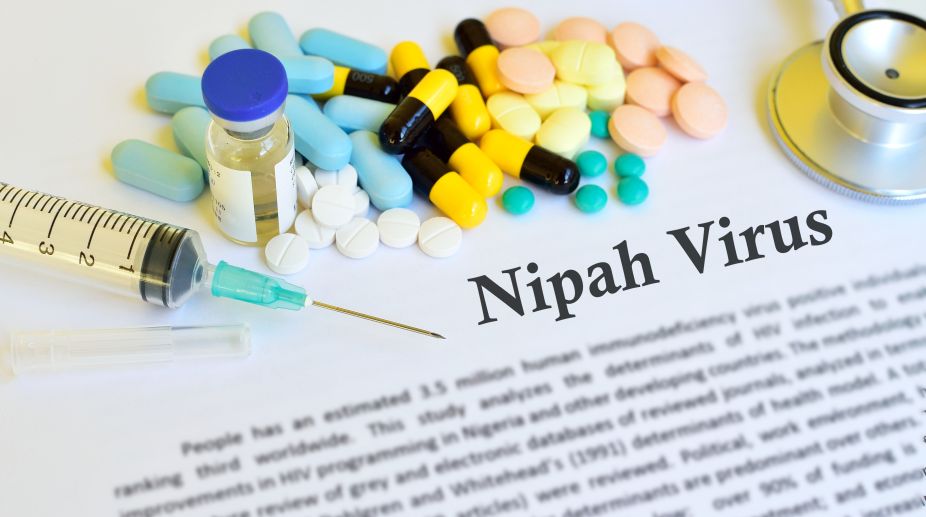Amid fears that Nipah virus, which claimed 12 lives in Kerala, has spread to other states such as Karnataka, Himachal Pradesh and Telangana, the Union Health Ministry issued an advisory for the public and healthcare personnel on Thursday night mentioning the preventive measures they should adopt in high-risk areas. The advisory also mentioned information on how the disease spreads and what are the symptoms.
The health department specifically said bodies of the deceased should be handled in accordance with the government advisory, adding that some traditional rituals and practices might need to be modified to prevent the exposure of family members to the disease.
Advertisement
On Friday, the Telangana government said it had sent blood samples and throat swabs of two patients suffering from fever to the National Institute of Virology, Pune, for test. Director of Medical Education Ramesh Reddy said one of the patients had recently visited Kerala. The other patient never visited Kerala in recent times.
Minister of State for Health Ashwini Kumar Choubey had however said on Thursday there was no need for people to panic, asserting that it was a “localised” occurrence in Kerala.
A multi-disciplinary central team led by the director of the National Centre for Disease Control is reviewing the situation in Kerala.
Here are all the dos and don’ts advised by the government:
Advisory for public
-
- Avoid consuming raw date palm sap or toddy
- Don’t eat half-eaten fruits from the ground
- Don’t enter into abandoned wells
- Eat only washed fruits
Advisory for healthcare personnel
-
-
- Wash hands thoroughly with soap and water for 20 seconds after contact with a sick patient
- Take precautions for infection control while handling suspected or confirmed Nipah virus cases
- Limit use of injections and sharp objects
- Never replace the cap on a used needle, and never direct the point of a used needle towards any part of the body
- Do not remove used needles from disposable syringes by hand, and do not bend, break or otherwise manipulate used needles by hand
- Never re-use syringes or needles. Dispose of syringes, needles, scalpel blades and other sharp objects in appropriate, puncture-resistant containers
- Ensure containers for sharps objects are placed as close as possible to the immediate area where the objects are being used — to limit the distance between use and disposal
- Ensure the containers remain upright at all times
- Clean and disinfect all non-dedicated, non-disposable medical equipment and as per manufacturers’ instructions and hospital policies
- For aerosol generating procedures, personal protective equipment (PPE) such as individual gowns (impermeable), gloves, masks and goggles or face shields and shoe cover and the procedure should be performed in airborne isolation room
READ | What is Nipah virus? Read symptoms and treatment
How Nipah virus can spread
-
-
-
- Nipah, which commonly affects animals such as bats, pigs, dogs and horses, can spread from animals to humans
- Spread to humans may occur after close contact with other Nipah-infected people, infected bats, or infected pigs.
- Bat secretions laden with virus can infect people during fruit tree climbing
- Human-to-human infection can occur from close contact with Nipah-affected persons at home while providing care
- Infection can also occur in hospitals if appropriate personal protective equipment are not used
The high-risk groups
-
-
-
- People exposed to areas inhabited by fruit bats or articles contaminated by secretions such as unused wells, fruit orchards, etc
- Persons with direct contact with sick pigs or their contaminated tissues
- Those in close contact with a Nipah -affected deceased during burial or cremation rituals
- Healthcare workers in direct contact with probable or confirmed cases without using standard precautionary measures











